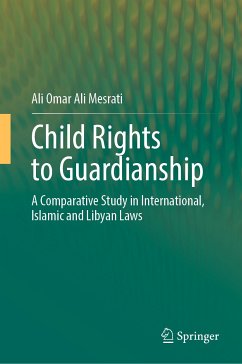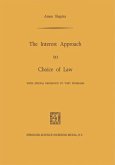This book makes a worthy contribution to promoting greater understanding of the cultural dimensions in operation in both the formulation and particularly the application of international law in Libya as elsewhere. This is an area of research which is, as a whole, one worthy of further development and examination.
The book includes case analysis of important Libyan High Court rulings which have been gathered by the author and officially translated, analysed, and discussed from the three lenses namely; Libyan Law, Islamic Law, and International Law. In turn, this book is the first of its kind and unique in the field of Islamic and International Law. This book also includes detailed analysis of the correspondence between the Libyan High Court and the UN Committee on the Rights of the Child. Further, this book provides solutions and comprehensive and practical recommendations that satisfy both International standards and local Islamic and Libyan culture. This is an ever evolving and a current area of interest internationally, this unique book enriches the field and continues the conversation and provides practical sustainable solutions.
Dieser Download kann aus rechtlichen Gründen nur mit Rechnungsadresse in A, B, BG, CY, CZ, D, DK, EW, E, FIN, F, GR, HR, H, IRL, I, LT, L, LR, M, NL, PL, P, R, S, SLO, SK ausgeliefert werden.









